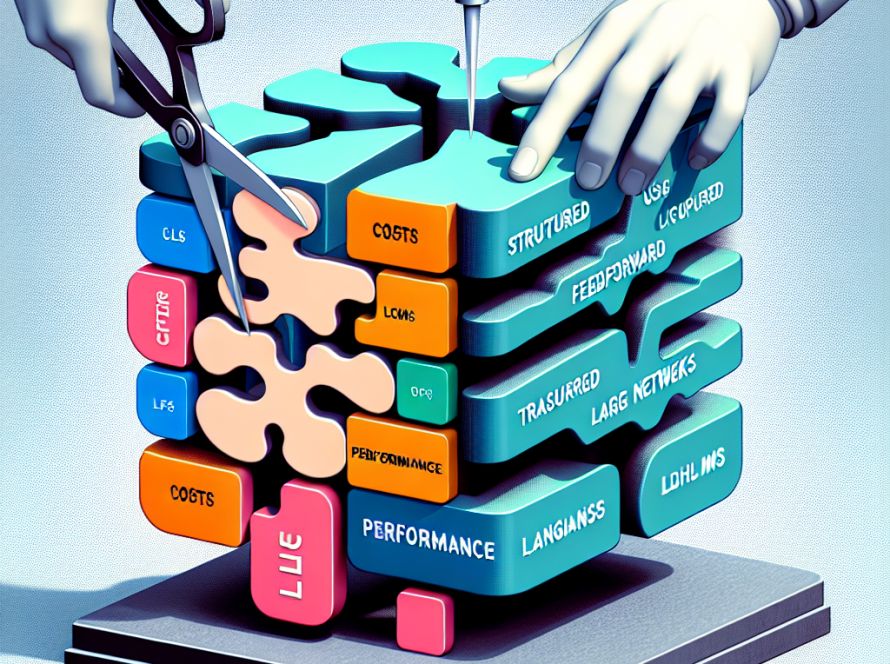Japanese technology corporation SoftBank has developed an innovative artificial intelligence (AI) tool designed to safeguard call center employees from customer harassment and aggressive behavior. The AI system, called SoftVoice, is designed to detect anger in callers’ voices and realign their tones to a calmer level without altering the words they are saying. The creation of this system comes in response to the increasing instances of customer harassment and adverse behavior in the Japanese service sector, with call center operatives bearing the brunt of these confrontations with irate clients.
The project was initiated three years ago by SoftBank employee Toshiyuki Nakatani after seeing a television program about customer harassment. Fueled by the ambition to alleviate the psychological stress on call center staff when dealing with aggressive customers, Nakatani led the development of SoftVoice in the hopes of creating a ‘mental shield’ for these workers.
The system is set to launch next year and follows a complex algorithm to successfully moderate the caller’s voice. It manages the pitch and inflection of the voice, making them softer without distorting the underlying intent or message of the call. A menacing bass tone in a man’s voice, for instance, is elevated to a higher pitch to sound less intimidating, while a shrill woman’s voice is lowered to a mellower tone. However, the AI allows a degree of emotion to filter through to the call center operator, enabling them to gauge the temperament of the caller and respond suitably.
Training the AI incorporated 10,000 separate pieces of voice data, sourced from ten male and female actors who were instructed to enact over 100 phrases featuring various angry, accusatory tones and decibel levels.
While AI is increasingly substituting human call center operators, Nakatani remarks on the need for a human touch in these interactions. He said, “AI is good at handling complaints and can do so for long hours, but what angry customers want is for a human to apologize to them.”
As it currently stands, SoftVoice only operates in Japanese. Therefore, individuals in other global call centers who are interested in reaping the benefits of this system may have to be patient for its worldwide implementation. But, despite these language limitations, SoftVoice represents an intriguing blend of technology and human interaction, promising support in a challenging and often stress-loaded work context.


